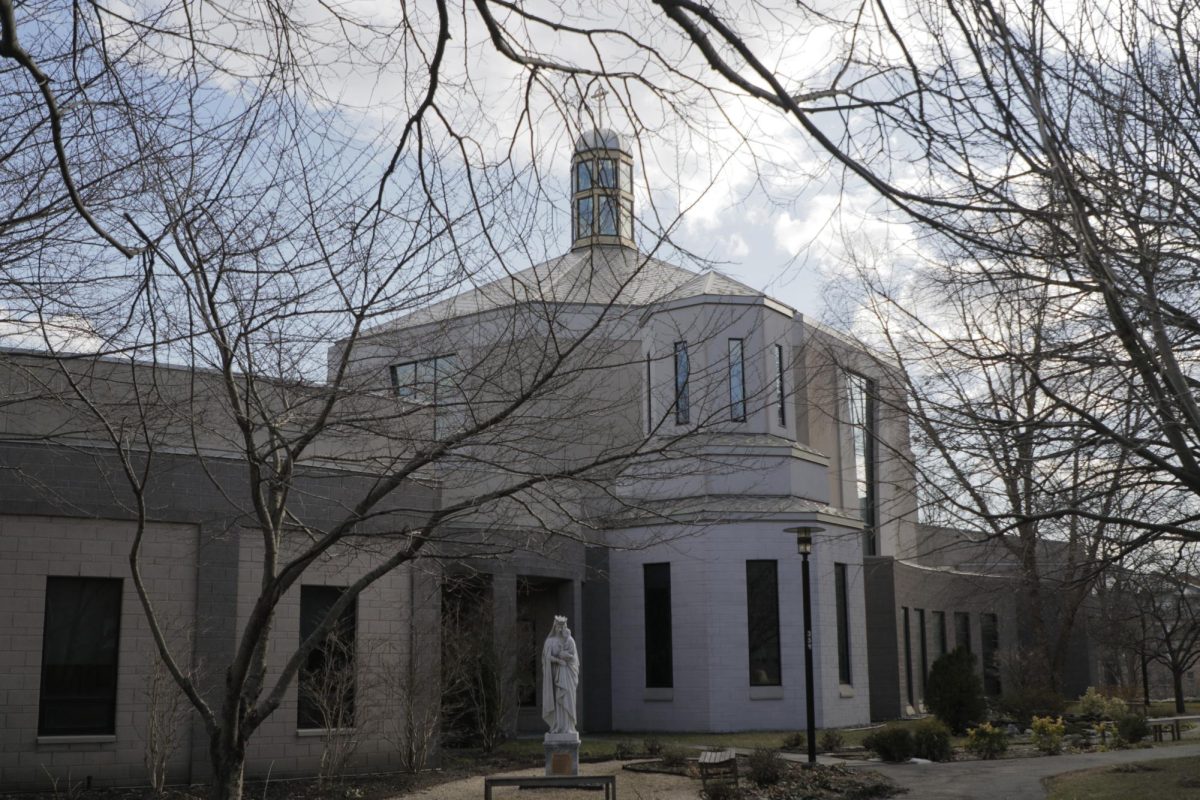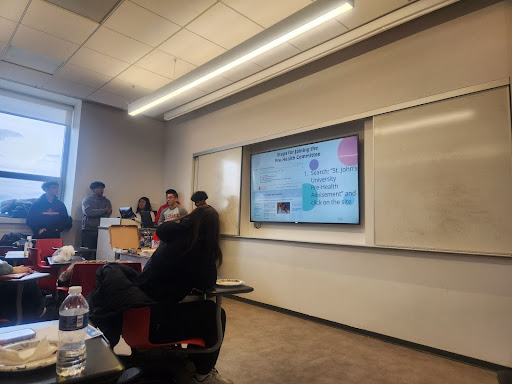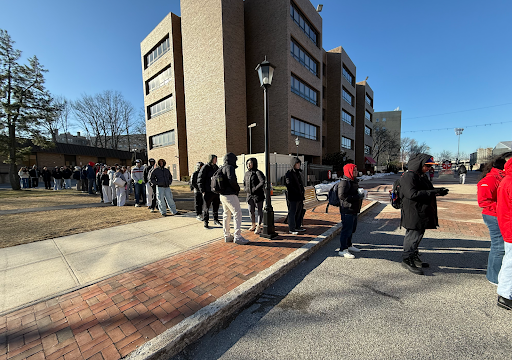As the primary election of 2016 approaches, politicians set out to announce their candidacy for President of the United States.
These include: Hillary Clinton, Rand Paul, Marco Rubio and Ted Cruz.
The primary election will take place between the months of January and June of 2016. New York will hold it’s contest on Feb. 2.
On April 12, Hillary Clinton announced her campaign on the Democratic collapse. She is presently the only Democratic nominee. Clinton began her political career when elected for U.S. Senate of the State of New York in 2001.
She most recently served as Secretary of State under current President Barack Obama during his first term of presidency.
It has been noticed that Clinton’s team struggles to keep her relationship with the press stable. Many are now wondering if this will affect her campaign. Professor Steven Jarmon, director of the public relations program, believes it will.
“Her handling of the Whitewater scandal from her days as First Lady, the Benghazi situation when she was Secretary of State, and most recently, the email ‘problem’ may have tarnished her public perception because they were not handled particularly well,” Jarmon said.
Student Government, Inc. (SGI) future Secretary Mariam Makram, says, “I feel like America is ready for a woman president.”
But not everyone feels this way. Caroline Zottl, vice president of SGI, does not believe this is a playing factor in who she will vote for. ]
She states, “As a woman, I want a president that respects the personal liberty of everyone; regardless of gender, stage of life, sexual preference, race or other trait.”
Since February there have been rumors of Senator Rand Paul joining the race. As of April 6 those rumors were put to rest when Paul announced he would be running.
His campaign emphasizes his main ideals, ‘Defeat the Washington Machine’ and ‘Build the American Dream.’
Sen. Paul quotes the Constitution while proudly expressing ideas about his campaign, “I want to unleash the American dream. I will return our country to freedom and prosperity, and restore the principles upon which this nation was founded: man’s right to Life, Liberty and the Pursuit of Happiness.”
Paul’s goal is to diminish the arrogance and corruption of the government.
He believes the only way to make this a possibility is to limit government involvement.
“I believe the less government intervention we have, the more the United States will succeed,” Zottl said.
She agrees with Sen. Paul’s motives and plans to vote for him in the primaries. The concepts contained in his campaign set him apart from the other Republican candidates.
Junior Olin Johnson said, “He’s young and not as conservative as his predecessors, which many on the right believe will attract more of the youth and minority votes.
Because Sen. Paul is so open-minded, his campaign is attractive to the population of minorities.
Marco Rubio, a Republican senator from Florida, became the third Republican to announce his bid for presidency on April 13.
He is the youngest in the race so far. His campaign focuses on building a ‘New American Century.’
He wants to improve education costs and address the income inequality that many feel causes the middle class to suffer.
Ted Cruz, current senator of Texas, announced his campaign March 23 from Liberty University.
He believes it is the one of the most important factors of the government that provides the people with a safer and stronger country.
President of St. John’s jazz band Dylan DeFeo said, “It’s not government, it’s politics… It’s not about the people anymore.
I’m not really investing a lot of faith in any of the candidates, to be honest.”
Although it is still very early in the race and other candidates may make announcements, Director of the Government and Politics Program Dr. Diane Heith said, “We have such low voter turnout in comparison to other countries.”
Dr. Heith includes information about the elections in her class lectures in order to spark her students’ interest. She said, “They’re totally into it.
We talk about it all the time.” She also believes it is absolutely painful that people do not take the initiative to vote.
Prof. Martinez of the television and film program says, “The real story is why don’t people vote.”
He explains that it is difficult to engage an audience that is not necessarily interested in politics.
However, Dr. Heith reminds many of her students, “If you don’t like what’s going on in congress, the only way to change it is to vote.”
DeFeo said, “You know, we’ll have to see if any last minute candidates hop in that really grab my attention.” This gives hope for the newer generation of youth going out to vote.







